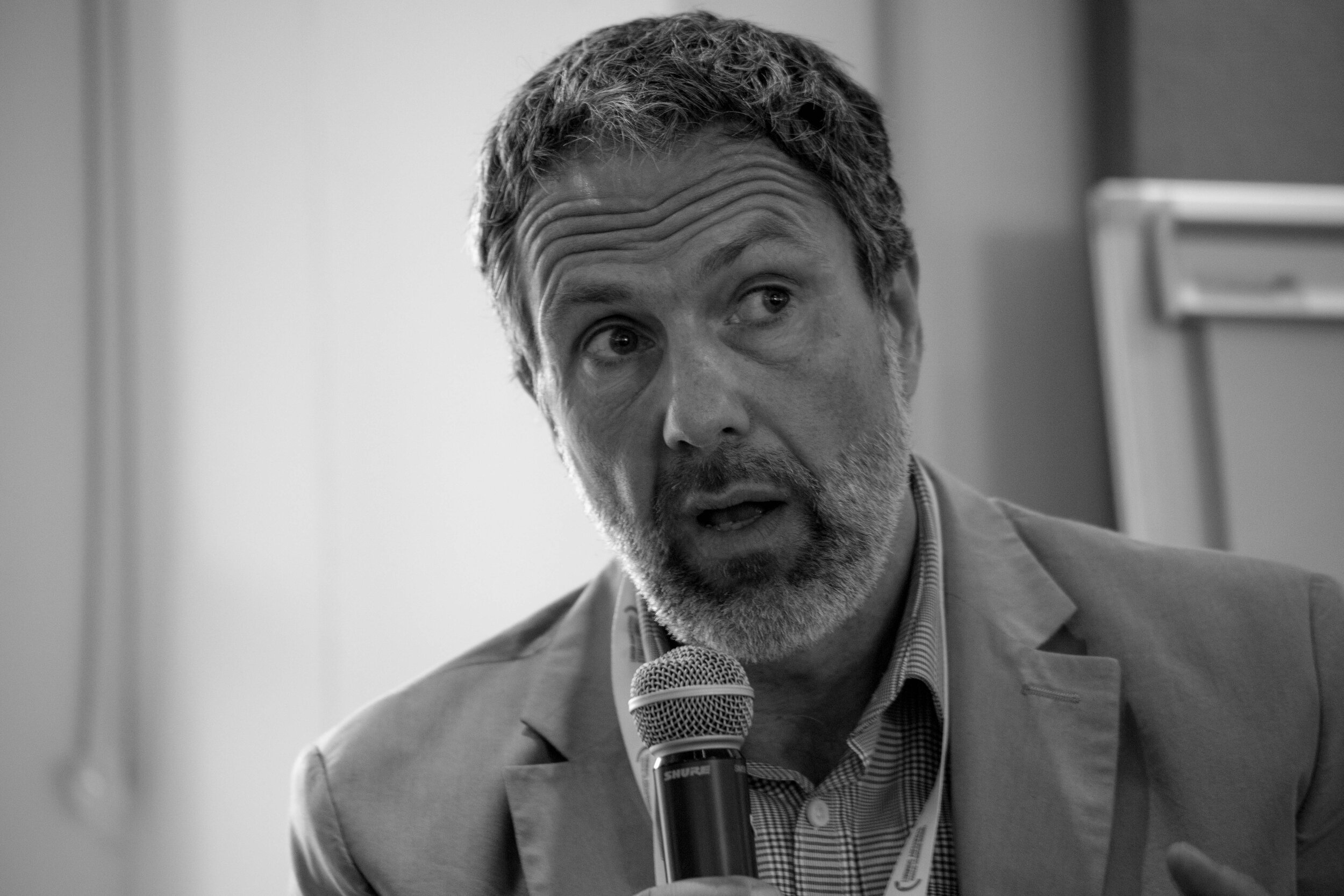87% launches Mental Wellbeing Manifesto
From Richard Glynn, Founder and Chairman of 87%
We are at the point of crisis
Research shows that 2020 was the most stressful year in history for the global workforce. COVID-19 has taken its toll on our mental health, with our proprietary data showing how wellbeing scores across our thousands of users are declining (meaning deteriorating mental health) in metrics such as anxiety, fatigue and work stress. This is as fundamental a challenge for society as any other ESG initiative.
The question is why has it taken a global pandemic to shine a light on such an enormous problem? Even without the virus, one in four will still suffer from a mental health issue. And only 13% of adults report living with high levels of good mental health. That’s why we exist - to support the 87%.
But EVERYONE has mental health
Which is why we need to act now. Unfortunately, traditional reactive, curative measures simply do not work. We have to adopt a radical new approach – one that is proactive and preventative – and this starts with business.
“Traditional reactive, curative mental health care measures simply don’t work.”
Philanthrocapitalism is the idea that business is about far more than profits. Businesses have a duty to invest in the wellbeing of their people, their families and future generations. Government has a duty to make this statutory.
The ONLY way to do this is through digital platforms that provide businesses and individuals with the means of undertaking confidential clinical assessment and the resulting data, which provides data insights to employers and employees on how to make improvements.
To that end, we have set out a radical manifesto of change. Future generations depend on us. Failing to act is the same as failing our children.
The Ten-Point Plan
Legislate. Investment into and protection by companies of the wellbeing of their workers must become statutory with penalties for failure and tax breaks or other incentives for compliance.
Digitise. Employees must be reached digitally. Their confidentiality can be maintained and their feelings respected. Digital data platforms distributing education, programmes and signposting access to the services available are fundamental.
Disclose. Levels of investment into wellbeing and annual performance reporting must be regulated. Companies should be required to disclose their endeavours to workers and investors and be compared with peers.
Educate. Wellbeing starts with understanding. All businesses and sectors must adopt wellbeing as an ongoing modular course. It should be a compulsory element for onboarding of prospective employees and tested annually.
Formalise. Companies should appoint board-level wellbeing directors and formalise wellbeing throughout the organisational structure, so that it is embedded systemically into the business.
Incentivise. An element of long-term incentive plans or other reward packages at senior management level should be tied to improvements in wellbeing to show commitment.
Rethink the entire strategy. The retroactive, curative approach has failed. An integrated framework of measurement is required throughout all businesses to facilitate prevention. Usage of available services must be encouraged, unlike the traditional EAP system which profits from underuse.
Take ‘data-led’ aim. All investment should be based on raw data derived from the wellbeing of staff, not instinct. Platforms now exist that monitor wellbeing in real time, defining issues in business whilst retaining the confidentiality and privacy of the end user.
Wellbeing is not a competitive sport. Industry peers must share improvements and initiatives to encourage adoption, in much the same way as the drinks industry accepts common standards for common good.
Wellwashing won’t wash. Only wellbeing strategies based on longitudinal data and measurement should be valid and employees and shareholders should be shown the initiatives and the outputs as evidence of commitment.
If you’d like to learn more about psychological safety at work, don’t hesitate to book a consultancy session with us.


